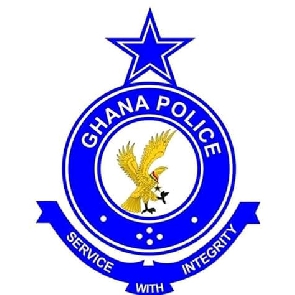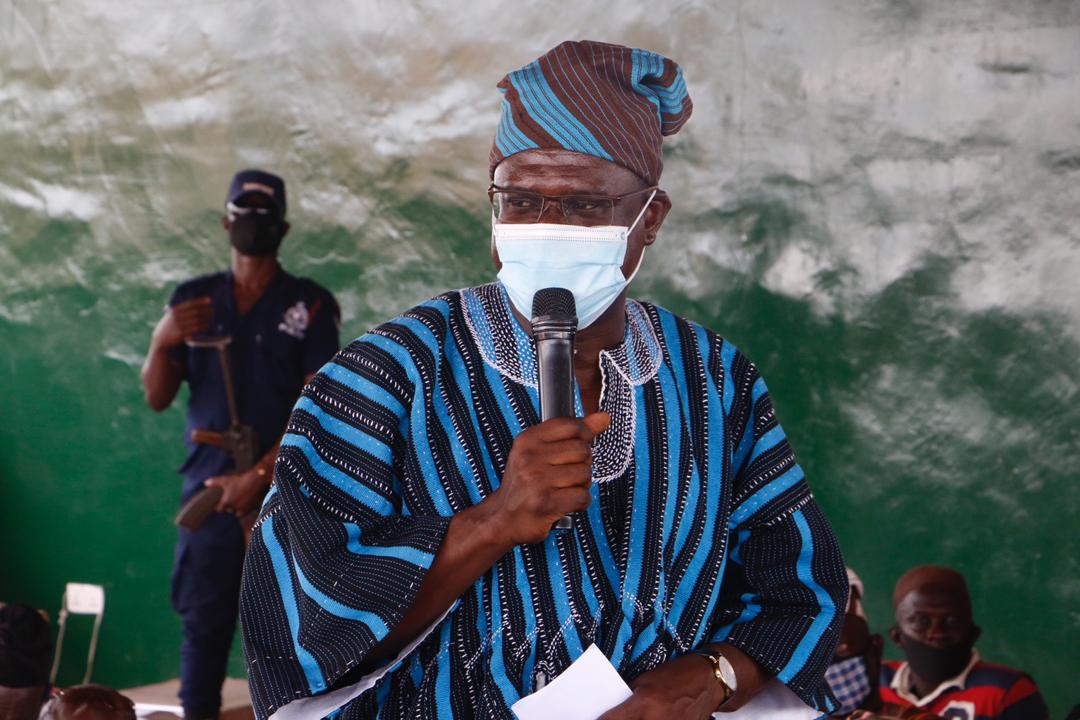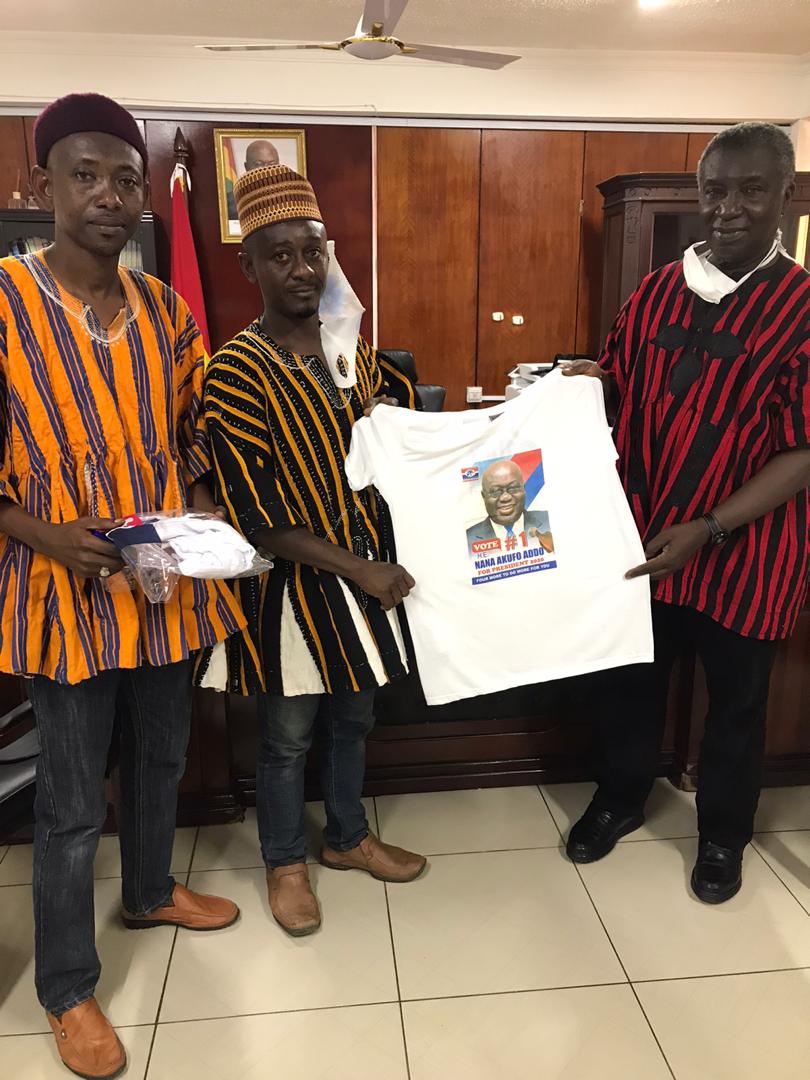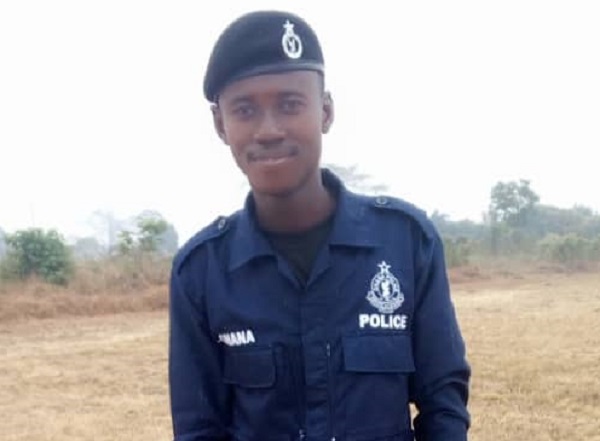All you need to know about Police tactical Unit

A police tactical unit also known as an operational unit, action unit, re-enforcement unit, etc. but commonly called operational units are specialized police unit formed and trained specifically to handle situations that are beyond the capabilities of ordinary law enforcement units within the police service due to the level of violence – or risk of violence involved.
The operational units are tasked with responsibilities that are above any other units, divisions, or department within the service which include; executing a dangerous search warrant, swooping, guard duties, escort duties and executing an arrest warrant for dangerous persons, arresting or neutralizing dangerous or mentally ill armed persons, and intervening in high-risk situations such as shootouts, hostage and terrorist incidents, they are also deployed to guard peaceful demonstrations and more recently arrest gallantly operators.
With all these roles performed by the operational unit, it is evident that the pivot between the traditional approach of policing and the modern system of policing lies in the bosom of these operational units. The actual fieldwork of the police service is done by the operational unit and all other sectors, units, divisions, or departments within the service are dependent on them in times of difficult situations.
The police tactical unit or operational unit is a special unit that is composed of qualified, strong, disciplined, committed, and dedicated personnel who have been carefully selected and trained in tactical skillsets and use of force policies, including lethal force for counter-terrorism. In a recent research by Security Research Analyst, Yaw Obeng –Appiah, eighty percent of the population sample said they were skilled and experienced in riot control, crime combating, and the use of rifles, and body ammo.
The operational unit personnel can be said to be highly skilled and specially equipped. They receive advanced weapon training in rifles, submachine guns, shotguns, explosives, and chemical agents. He also added that these personnel at the operational units complete a tactical operational course consisting of weeks of grueling physical and mental training.
After successful completion of the initial course, officers proceed to receive training in specialized areas of tactical operations and after all the training, personnel is expected to exhibit a high standard of physical fitness performance in the examination and demonstrate expert marksmanship. This training significantly marks the units as a special and vital unit that shows a true representation of the police service.
With all these being said, it is hard to believe that the operational units in the police service are one unit that lacks a lot in logistics and equipment to aid them to perform their duties. According to research conducted by Yaw Obeng –Appiah (2022), more than 80% of the operation unit personnel who answered a questionnaire revealed that they lacked basic logistics such as body armor, ballistic helmet, and surprisingly uniforms and boots.
In the research which was carried out across some various operational units such as RDF, SWART, FPU, and COUNTER TERRORISM, it came to bear a simple conclusion that, most officers within these mentioned operational units use their own money to secure equipment such as body armor, handcuffs, ballistic helmet, boot, cap, uniforms, and other operational logistics to work with because the service and the state are not providing such equipment for them to work with.
The research also revealed that a recruit receives 2 pair of uniforms and a boot and that is all the personnel will have to work with Which is woefully inadequate, and the authorities term it as dedication and commitment on part of the personnel.
The operational unit does not only lack material resources but also human resources. In terms of human resources, most officers are demoralized to join the operational units due to the inability of the service authorities and the state to provide them with the requisite equipment to work with, as well as motivational allowance. This makes the work unattractive to young men who would have wanted to join the unit.
This has placed massive pressure on the existing tactical personnel who are limited in supply but high in demand for their services. In a recent response to a questionnaire organized by the research analyst Yaw- Obeng about ninety percent which represents thirty personnel said they barely have time to rest. Most of them are stressed out by the intense pressure on them. Even though they are limited in number, they manage to execute their responsibilities with the limited equipment and logistics mostly resulting in avoidable casualties.
Obeng (2022), believes that it is about time the service and the state pay maximum attention to these operational units. This is because it plays a pivotal role in the police service. Even in the modern system of policing, the operational units are seen as dominating. They are also the key actors in visibility patrols and community policing.
Their presence alone in communities provides a warmth of safety for citizens to go about their activities freely without fear of being attacked. He went on to challenge the service authorities and the state to provide these dedicated operational unit personnel with the needed and required equipment to boost their confidence in discharging their duties in crime combating and prevention since criminality has become rampant in our communities.
He said this because operational units’ personnel also train in crisis negotiation skills. The operational team may be called upon to handle any of the following critical incidents and therefore must be well armed and protected before they can discharge the duty assigned to them with competence devoid of fear and panic
1. Hostage situations
2. Barricaded wanted and /or Barricaded Suicidal Persons
3. High –Risk warrant Service
4. Riots/ Crowd Control
5. Escaped High – Risk Prisoners
6. Mutual Aid for other specialized SRT-related teams
7. Search and Rescue.
Police tactical units or operational units have some similarities to that of the military special forces units in terms of organization, selection, training, equipment, and operational methodologies. In another research work by Research Analysis Expert Yaw Obeng – Appiah, the police tactical units or operational units in this modern security climax performs far better than the military and even have good and more effective operational methodologies and shooting skillset than the military.
He supported his claim with the fact that mission (peacekeeping) which are external duty for the military is now being performed by the operational unit’s personnel from the police service, and also the methodologies which the operational unit’s personnel of the police use is the best in professionalism than the military due to the fact of accountability on the part of the personnel from the police operational units. He went on to say that, the roles of the police and military units differ in the sense that the role of the military results in the use of maximum permissible force against enemy combatants but the role of the police operational units results in the use of minimal force sufficient to subdue suspected criminals, including negotiations.
The negotiators have received specialized training from experts in operational activities such as UN, AU, ECOWAS mission officials, and other notable operational institutions and state law enforcement academies and are specially –trained to deal with emotionally disturbed individuals. The negotiators can make use of specialized equipment such as wireless technology and tactical communication sets to conduct negotiations with armed individuals if necessary.
Operational units or Police tactical units, according to research even some point, the operational personnel perform intelligent duties by hiding their identity in other to get the kind of information or intelligence needed or apprehend a suspect that they are after whiles the operation is ongoing and these are some of the operational methodologies they use in their operations.
For certain counter-terrorism operations, such as hostage rescue, there is a significant convergence of roles, tactics, and force when employed in either an armed conflict or policing role and that makes the operational units of the police magnificent in performing their duties.
But it is sad to note that, the pivot of the policing of every police service which includes the Ghana Police service doesn’t pay the required attention to the operational units. Due to the facts above researcher and analyst in security matters, Yaw Obeng – Appiah has thrown a massive challenge to the service leaders and the state in most of his reformation articles that, it is time they focus on the operational units by;
Providing them with the needed equipment for them to work with. Too, he said it is not professional for the service administration and the state to sit aloof and watch the operational units personnel purchase equipment and do maintenance with their own money. He said it is the responsibility of the service administration and the state to do it.
Recruiting more young and energetic people into the unit to help reduce the massive pressure which has been placed on the already existing ones in the unit hehe extra addition of human resources into the unit, will help calm down the high crime rate since there would be more men to combat criminal situations within the country. It will also pave way for each and everyone to have some form of body relaxation for there is a saying that, a sound mind lies within a sound body and a stressed mind can never be concentrated.
CLICK HERE TO DOWNLOAD PRESS RADIO MOBILE APP
Providing the operational units with more vehicles to aid their movement and also assist them in maintaining the already existing few ones.







